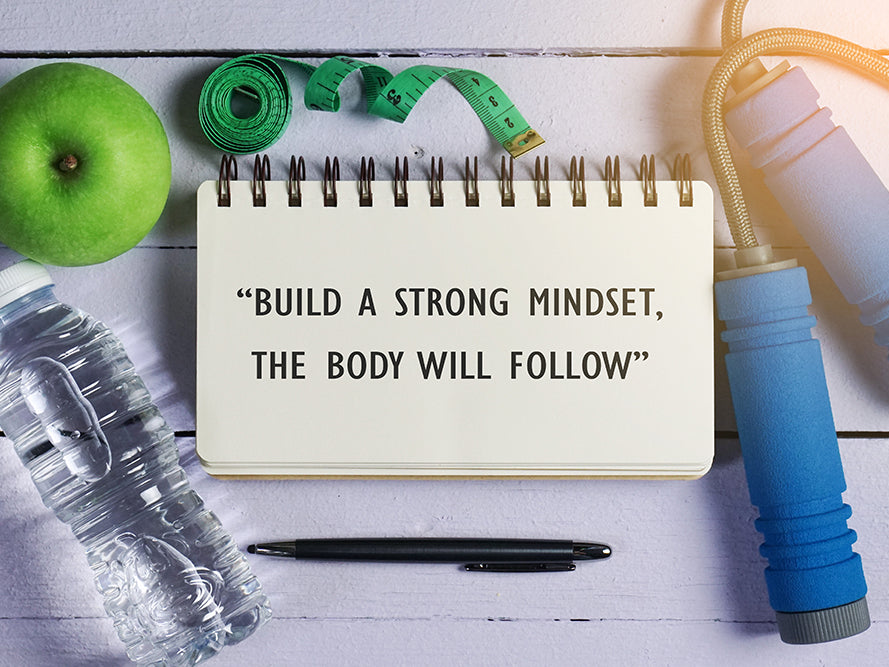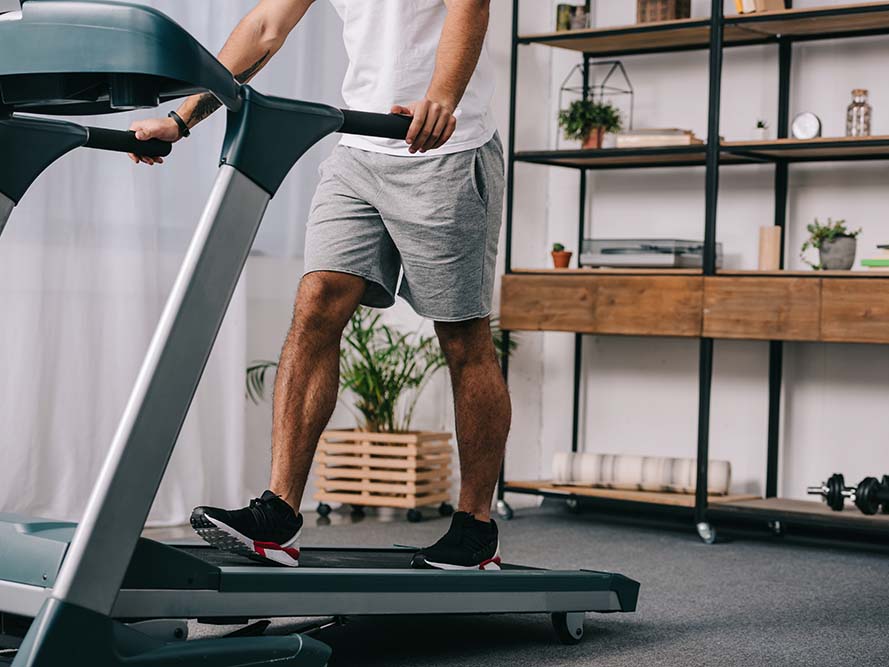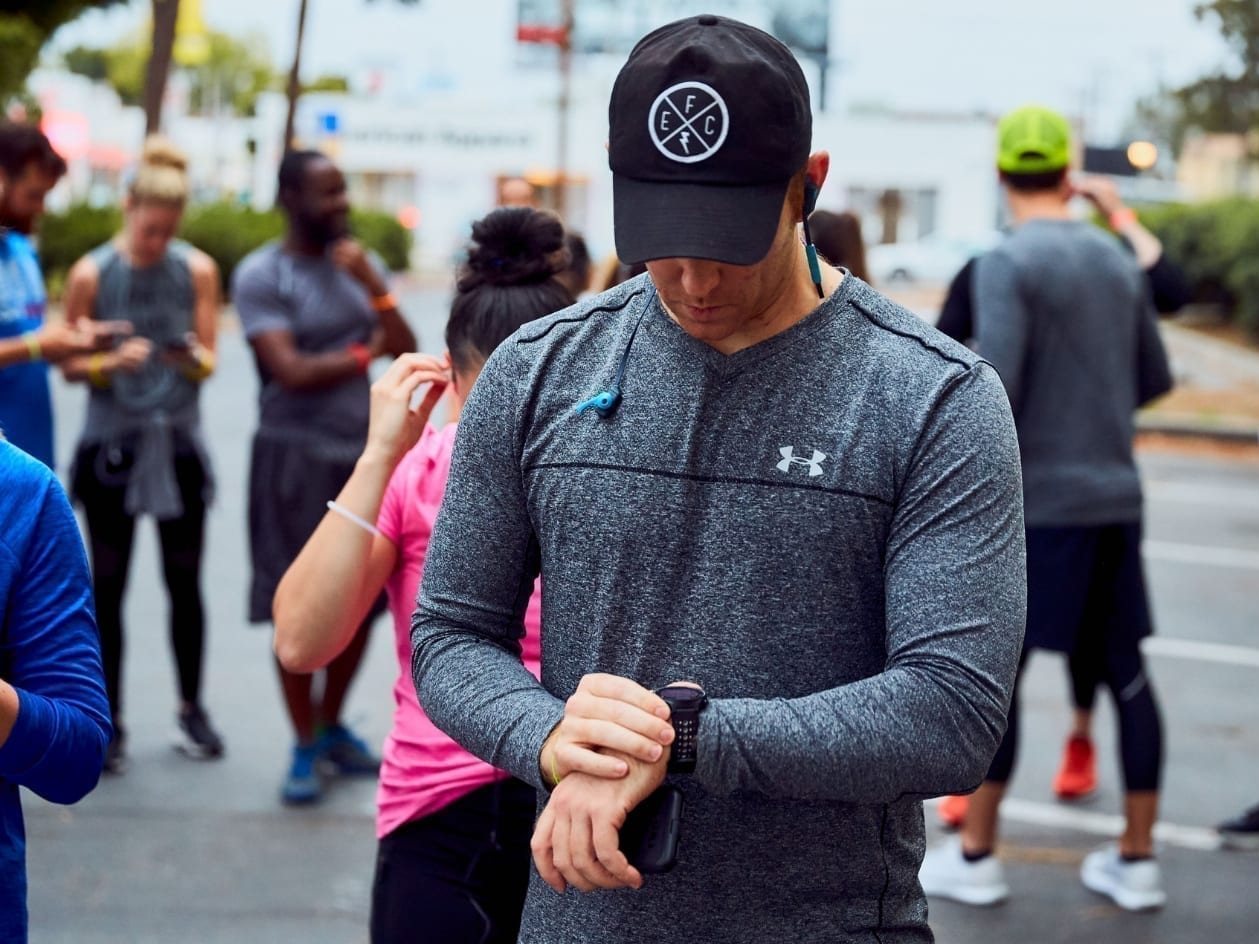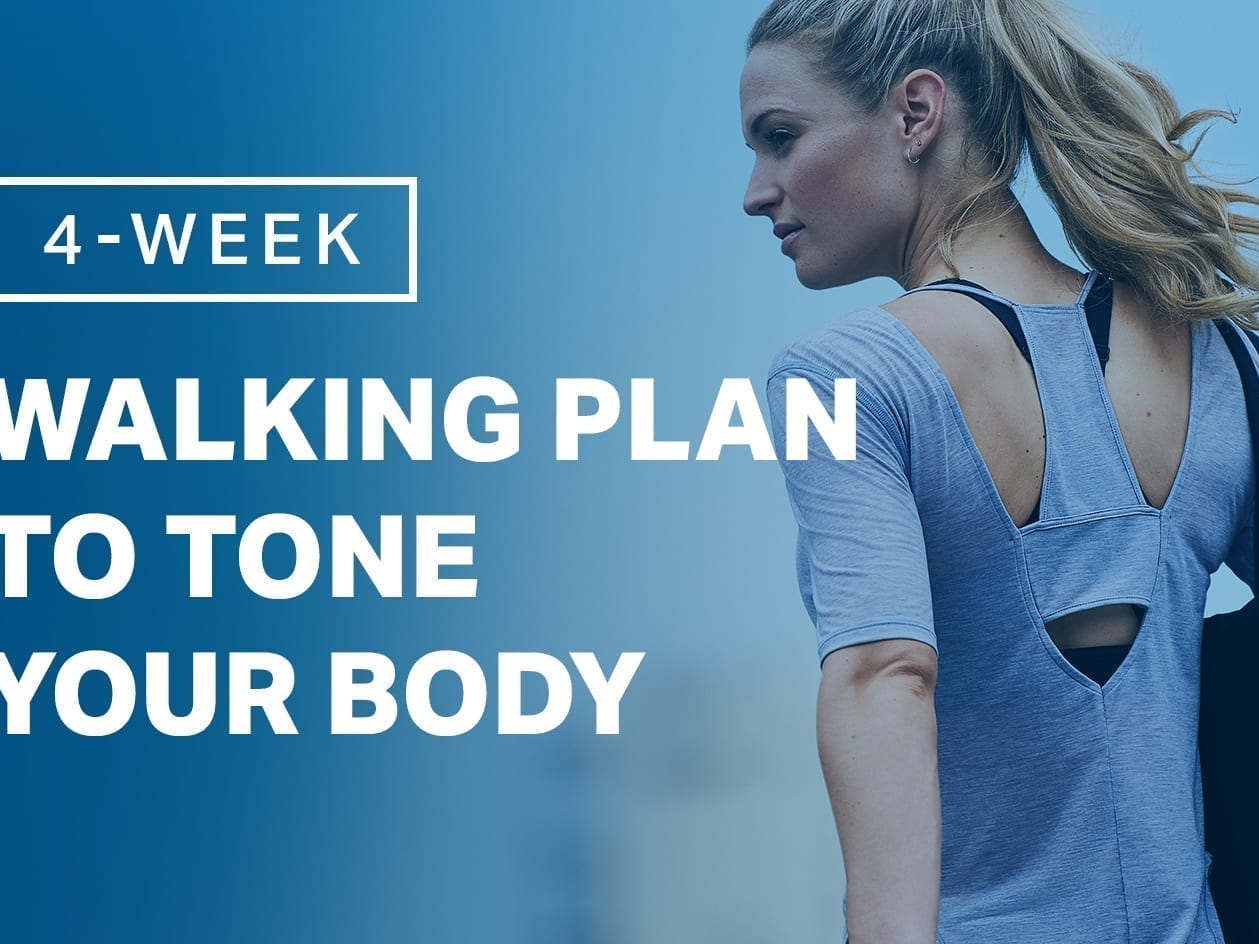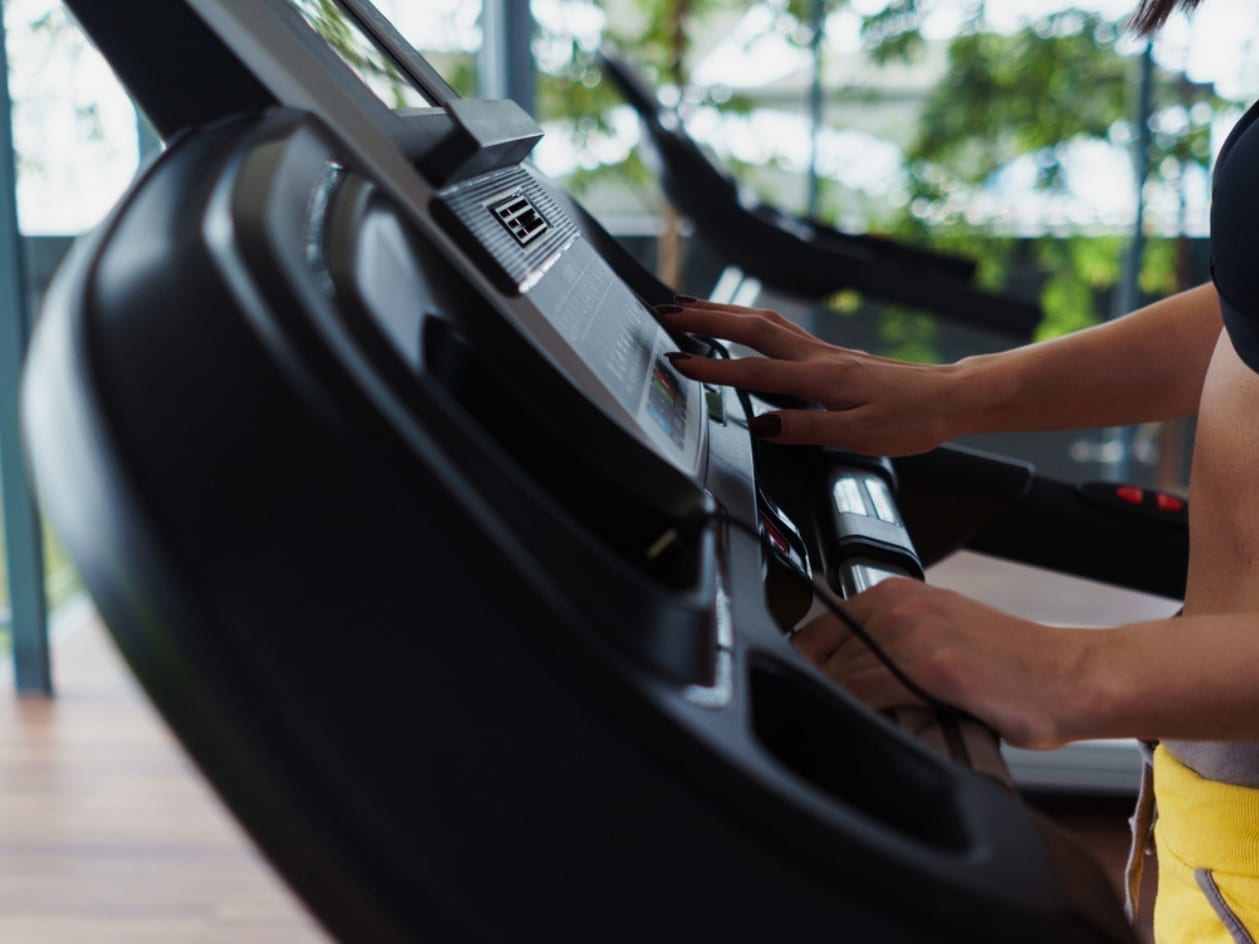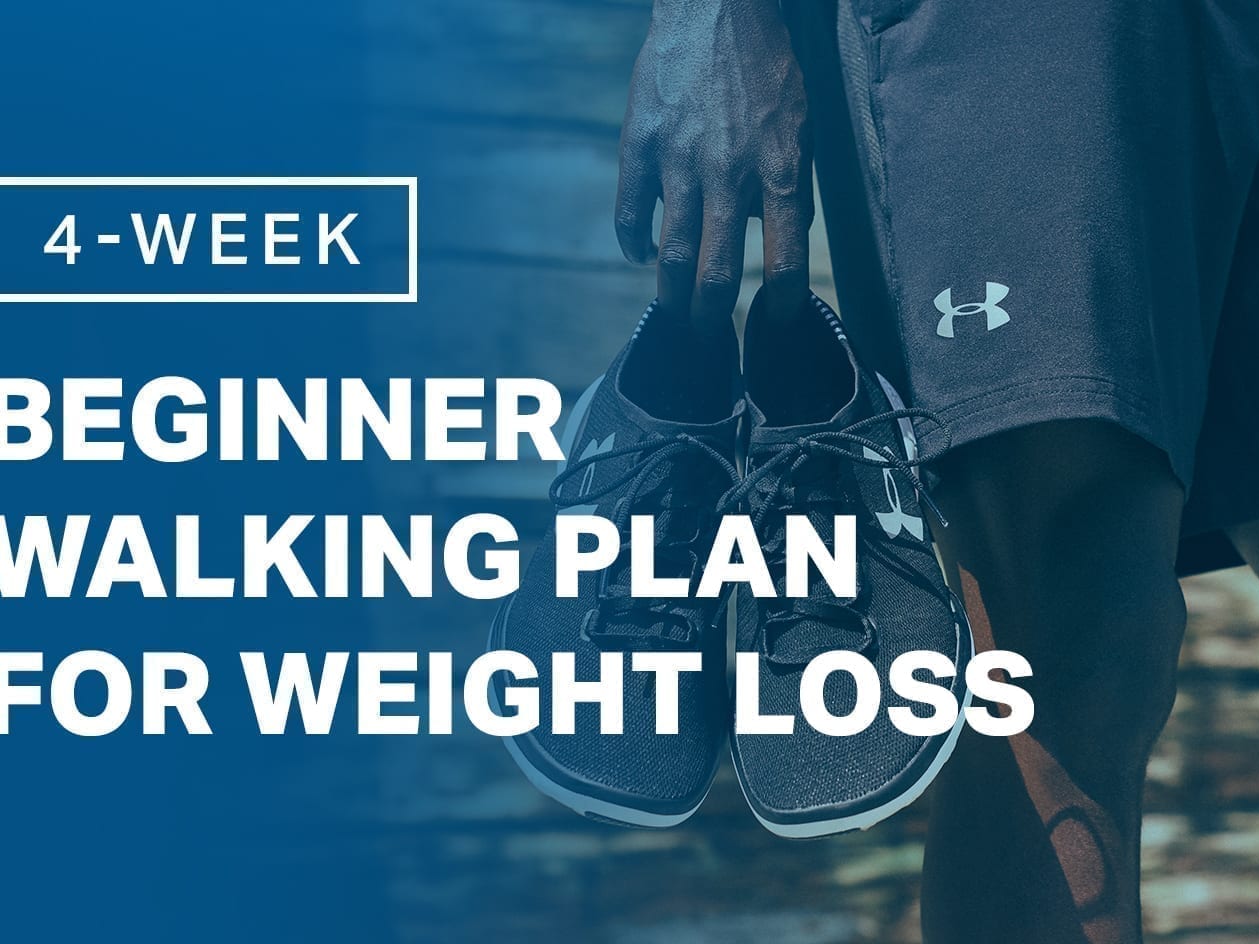Whenever you’re excited or obtain excellent news, you’re most likely strolling with a spring in your step, whereas once you’re upset you’re extra more likely to drag your toes and gaze on the ground. Analysis backs this up — individuals stroll otherwise after they’re comfortable or depressed. What’s extra, mimicking the strolling type of elated or sad individuals can also affect your temper for higher or for worse, in accordance with latest analysis.
HOW WALKING STYLE AFFECTS MOOD
The research, printed within the Journal of Habits Remedy and Experimental Psychiatry, discovered when individuals have been prompted to stroll in a stereotypical comfortable method, with a level-headed place, shoulders again and arms swinging, they skilled fewer detrimental psychological results than individuals who have been prompted to stroll in a stereotypical depressed type, with their heads trying downward, shoulders slumped ahead, with much less arm motion.
“We averted utilizing the phrase ‘comfortable’ or ‘unhappy’ within the strolling directions in order that this didn’t have an effect on the outcomes,” says research writer Elizabeth Broadbent, PhD, professor of well being psychology on the College of Auckland in New Zealand.
Inside Broadbent’s research, individuals who walked with slumped posture skilled extra sluggishness, fewer emotions of energy and extra emotions of negativity after they needed to full a annoying job, in comparison with individuals who walked in an upright place: These people skilled much less sluggishness, extra emotions of energy and fewer detrimental emotions in response to the identical annoying job.
HOW WALKING STYLE AFFECTS THOUGHTS
One other research discovered that when individuals have been requested to assessment a listing of 20 constructive phrases and 20 detrimental phrases after which have been prompted to stroll in an upbeat or depressed type, the individuals who walked in a extra depressed method remembered extra detrimental phrases than the individuals who walked within the extra upbeat method. Primarily, the message that was communicated by way of physique language was much like the kind of phrases that have been extra simply recalled by the walkers.
“Depressed gait is characterised by a slumped posture, decreased vertical up-and-down actions of the higher physique, decreased arm swing and extra pronounced lateral physique sway,” says research writer Johannes Michalak, PhD, professor of psychology and psychotherapy on the College of Witten/Herdecke in Germany. “Completely satisfied gait is characterised by elevated strolling pace, stronger up-and-down actions of the higher physique – extra bouncing, extra pronounced arm swings, decreased lateral swaying actions of the higher physique and a extra upright posture.”
Earlier analysis has additionally proven that individuals who stroll with a depressed posture stroll extra slowly than those that stroll with an upbeat spring of their step, however in Michalak’s research, everybody was requested to keep up the identical strolling pace. Even when individuals with a depressed gait walked on the identical pace as individuals with a happier strolling type, they recalled extra detrimental phrases.
HOW MOOD CAN BE INFLUENCED BY EXTERNAL CUES
Some analysis has proven that mimicking a selected emotion might assist individuals really feel what they’re copying. For instance, a latest research within the journal Psychological Bulletin discovered that when individuals smile, they really feel considerably happier, and after they frown, they really feel considerably sadder. Different analysis has proven that when individuals do mood-boosting actions (like meditating on optimistic or grateful ideas), they really feel happier. So tailoring your strolling type to imitate a happier gait once you’re feeling upset might equally assist elevate your spirits.
THE BOTTOM LINE
“Extra analysis is required,” says Michalak, “however everyone seems to be free to check out the results of a cheerful strolling sample on their temper.” It’s a risk-free method to enhance the state of your thoughts, with no dangerous uncomfortable side effects. For those who’re feeling unhappy or harassed, “strive going for a stroll and conserving your head in a stage place quite than pointed down, along with your shoulders again and arms swinging,” says Broadbent.


